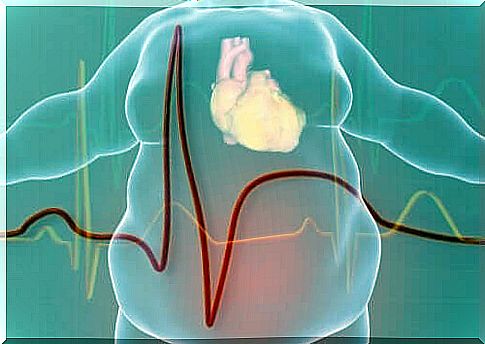An Effective Treatment For Obesity

There are people all over the world who would like to find an effective treatment for obesity. Why is it so hard for some to maintain a healthy weight? Is there something else going on with them?
Many obese people fail because they underestimate the seriousness of their problem. However, there are also other factors that can stand in the way of their success.
The treatment of obesity is one of the most challenging health care problems. You could basically say that obesity is a chronic disease. That’s why we should treat it as such, just like diabetes and other chronic diseases. Treatment for obesity should be based on the long term.
Fighting obesity
Thanks to research on this topic, we now know that some people have a genetic predisposition to obesity. This is because their metabolism is less good at burning fat and regulating feelings of fullness and satiety.
At the same time, it often also depends on harmful habits. Changing these habits involves a struggle against important socio-cultural influences.
We are bombarded every day with advertisements telling us to consume more and exercise less. It can therefore be very difficult not to include that information in us.

Professionals regularly advise people to monitor their diet and exercise more. However, in our daily lives, we are more often exposed to advertising that encourages us to eat more unhealthy foods. We are also encouraged to lead a sedentary lifestyle
Here lies the challenge for professionals who treat obesity. First of all, they have to find a way to change these innate tendencies. Second, they need to help their patients develop new habits and maintain them in the long run.
Patients will encounter a lot of resistance to this. As a result, there is a good chance that they will eventually fall back on their old habits and a less healthy lifestyle.
What is obesity?
The definition of obesity is excess body fat. These are the normal fat percentages for a healthy person (Moreno, Monereo & Alvarez, 2000):
- Women: between 20% and 25% body fat.
- Men: between 15% and 18% body fat.
Anything above these percentages is considered ‘overweight’. In addition, anything above the following percentages is considered “obesity.”
- Women: more than 32% body fat.
- Men: more than 25% body fat.
Which treatment for obesity is effective?
In the past, neither society nor the most obese people believed that obesity was really a problem. Moreover, obesity was an exception in periods when it was more difficult to get food. Obesity meant wealth and opulence, values that were highly desirable socially.
Yet obesity is one of the main health problems in Western countries today (WHO, 2010). Not only that, experts also found that obese people are more likely to have other health problems. These discoveries turned obesity into a phenomenon that needs to be ‘fixed’.
After decades of focusing on treating obesity, health professionals from a cognitive-behavioral approach have identified some key areas to address.

The main areas based on a psychological approach are (Foster, Makris, and Bailer, 2005):
- Promoting self-monitoring by keeping a food diary and physical activity.
- Stimulus control by identifying cues associated with eating.
- Nutrition training.
- Changes in eating habits.
- Increased physical activity.
- The use of cognitive restructuring techniques and problem solving.
As you can see, this approach is not aimed at treating associated disorders and risks (such as depression). This only happens when there are symptoms that indicate this. In this case, the rescuer will use techniques that have been shown to be effective for that particular condition.
Changing your habits
If we look at this problem from the cognitive-behavioral approach, you can argue that bad habits are to blame for obesity. In this case, therefore, treating obesity involves changing bad habits.
When it comes to exercise, there are some studies that advocate a somewhat counter-intuitive approach. They say that, at least in the beginning, it’s not always best to get more exercise.
This is because it generally has little effect on the number of calories you burn. Still, exercise is very important to maintain a healthy weight once you’ve reached a desired weight.
As you can see, any effective obesity treatment involves changing your bad habits. These habits can be difficult to change, but fortunately there are many counselors who can help you achieve your goal.









